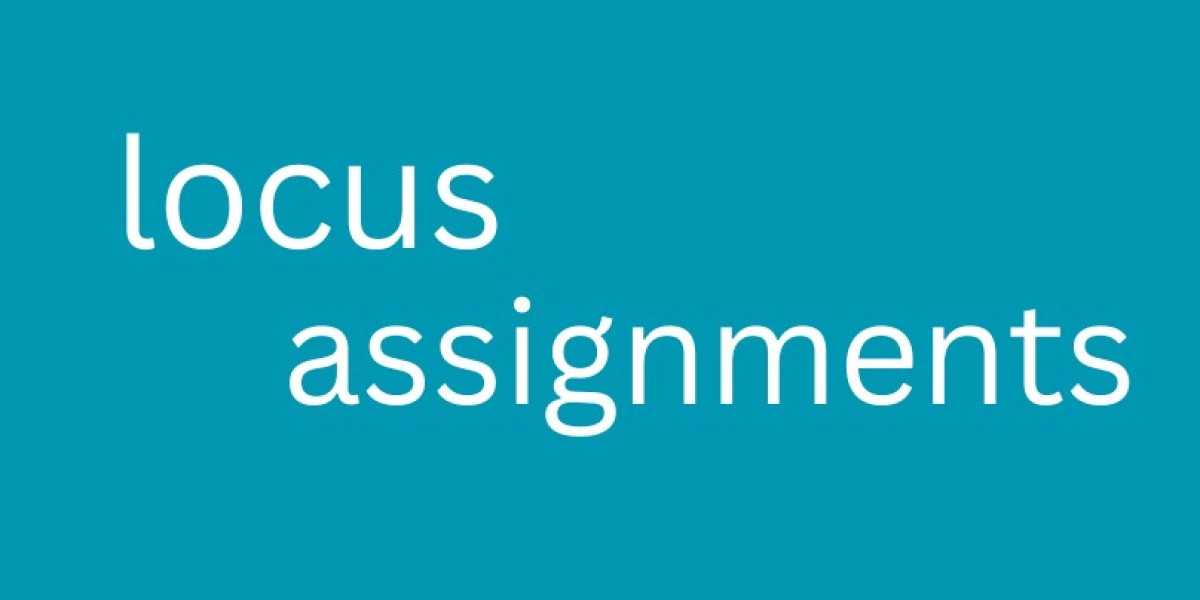Have you ever found yourself staring at a blank screen, a deadline creeping closer, and not knowing where to start? Many students in this situation look for quick fixes. AI tools like ChatGPT can give instant drafts and ideas, but one big question remains: Can Turnitin detect ChatGPT? This is something many UK university students wonder about and sometimes worry over. While ChatGPT might seem like an easy shortcut, universities rely heavily on Turnitin to check for academic honesty. In this guide, we'll look at whether Turnitin can spot ChatGPT, how it detects AI content, and what this means for your assignments. By the end, you'll know how to use AI responsibly, when to trust your own writing, and when getting help from an Assignment help UK might be a better choice.
What is Turnitin and How Does It Work?
Turnitin is a well-known academic tool used worldwide to check student papers for plagiarism. When you upload your work, it compares it with a huge database that includes books, journals, websites, and past student papers. After scanning, it gives you a Similarity Report showing how much of your work matches existing sources.
For years, Turnitin focused just on plagiarism, but with the rise of AI tools, it has changed. Now, it doesn’t only compare text with sources—it also looks at writing style and sentence structure to see if the content might have been created by ChatGPT or similar AI.
Can Turnitin Detect ChatGPT Content?
So, can Turnitin detect ChatGPT? The answer is yes, but not perfectly. Since 2023, Turnitin has added AI detection features. These tools analyze sentence patterns, tone, and phrasing to guess whether the writing is human or machine-made.
ChatGPT often produces well-balanced sentences, uses linking words like “Moreover” or “Additionally” a lot, and keeps a steady tone that can feel less natural than human writing. Turnitin spots these signs and gives a probability score. A “red” score means it’s very likely AI-generated, “yellow” suggests a mix of AI and human writing, and “blue” means it’s probably written by a human.
While this detection is quite advanced, it’s not perfect. Turnitin admits there can be false positives, especially in formal or short texts.
How Turnitin Detects AI Writing
Turnitin’s AI detector works by analyzing several things. It looks at sentence flow and word choice, comparing them to known AI patterns. It also checks the text against large databases and uses stylometric analysis, which studies a person’s “writing fingerprint.” Instead of a simple yes or no, the system gives a likelihood score to help teachers decide if they should look closer.
Turnitin works best on papers longer than 300 words. Very short answers, summaries, or text with lots of tables and bullet points are harder for it to judge. This is something students should keep in mind when wondering if ChatGPT can be detected.
The Accuracy and Limits of Turnitin
Turnitin’s AI detection is impressive but not foolproof. It works better with longer essays, but short assignments might not give clear results. Also, if students edit and rewrite AI-generated drafts in their own style, it becomes much harder to detect.
The biggest challenge is that AI models like GPT-4 keep improving. As they get better, AI detection tools have to keep updating too. So, the answer to whether Turnitin can detect ChatGPT will keep changing as technology evolves.
Another thing to consider is that AI detection isn’t always fair. Sometimes, human writing—especially if very formal—can be mistaken for AI. This can cause stress for students who wrote their work honestly but still get flagged.
What This Means for Students
For UK students, knowing that ChatGPT can be detected is a reminder to use AI tools carefully. Instead of relying on ChatGPT to write whole essays, use it to brainstorm. For example, you can ask it for topic ideas, help with essay outlines, or to explain complex topics in simpler words. But submitting text written entirely by AI is risky and might be seen as plagiarism.
It’s better to mix AI help with your own voice. Add your own examples, include your thoughts, and rewrite drafts to show your understanding. This makes your work stronger and lowers the chance it will be flagged.
Sometimes, when assignments feel too hard, getting professional help is a safer choice. Services offering online assignment help or help from an Assignment helper UK can give personalised support without the risk of Turnitin flags. Unlike AI, experts know academic rules and help you improve your own skills.
Conclusion
So, can Turnitin detect ChatGPT? Yes, but with limits. Turnitin’s AI detection can spot machine-made content, but it’s not 100% accurate. This means students should use AI tools responsibly. Instead of letting AI do the work, think of it as a helper for brainstorming and organising ideas.
When deadlines are tough and you need reliable support, it’s smarter to turn to online assignment help or trusted academic services. A professional Assignment helper UK can help you create original, high-quality work while keeping academic honesty. In the end, being original, thinking critically, and using technology responsibly are the best ways to succeed.







